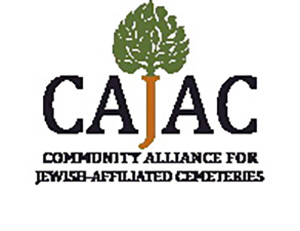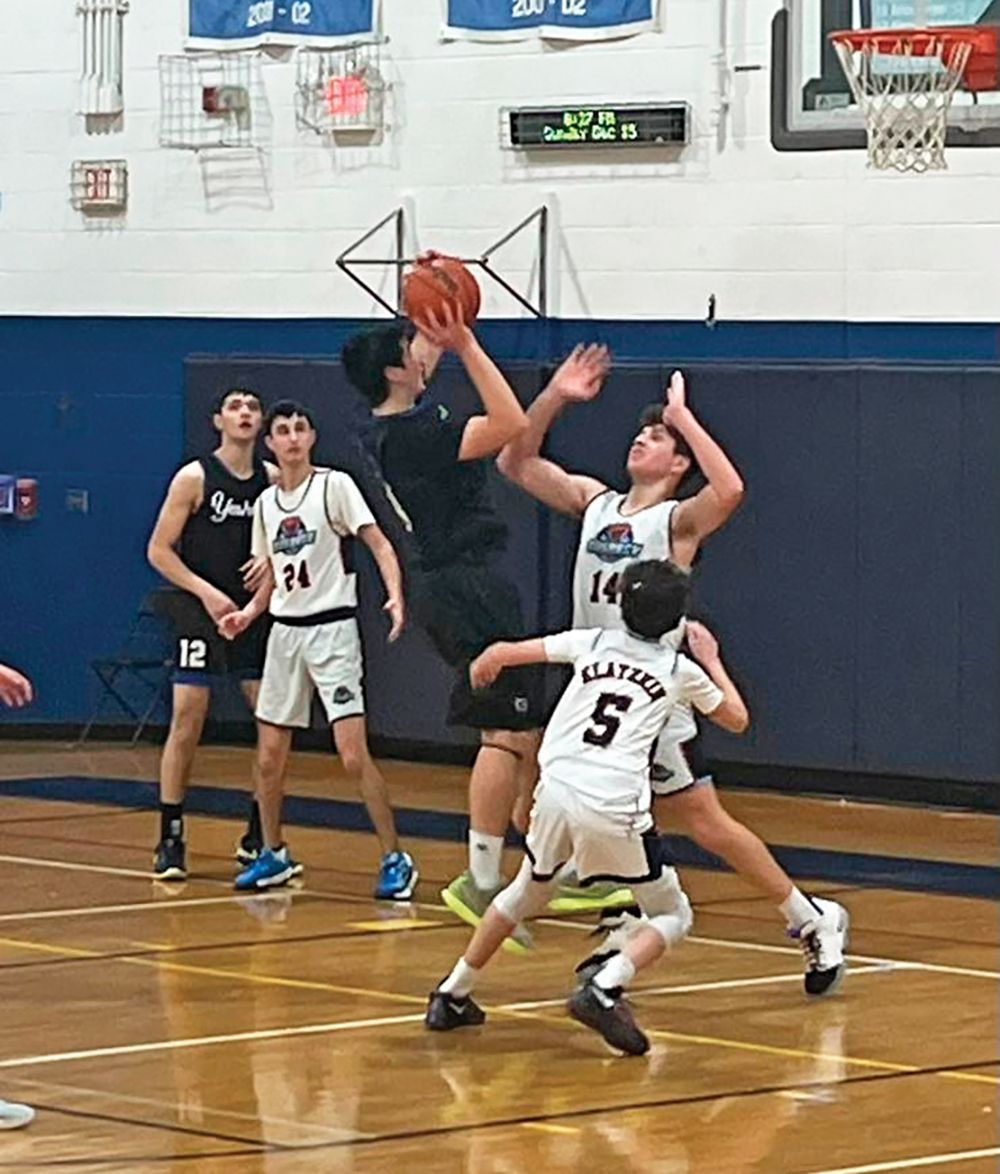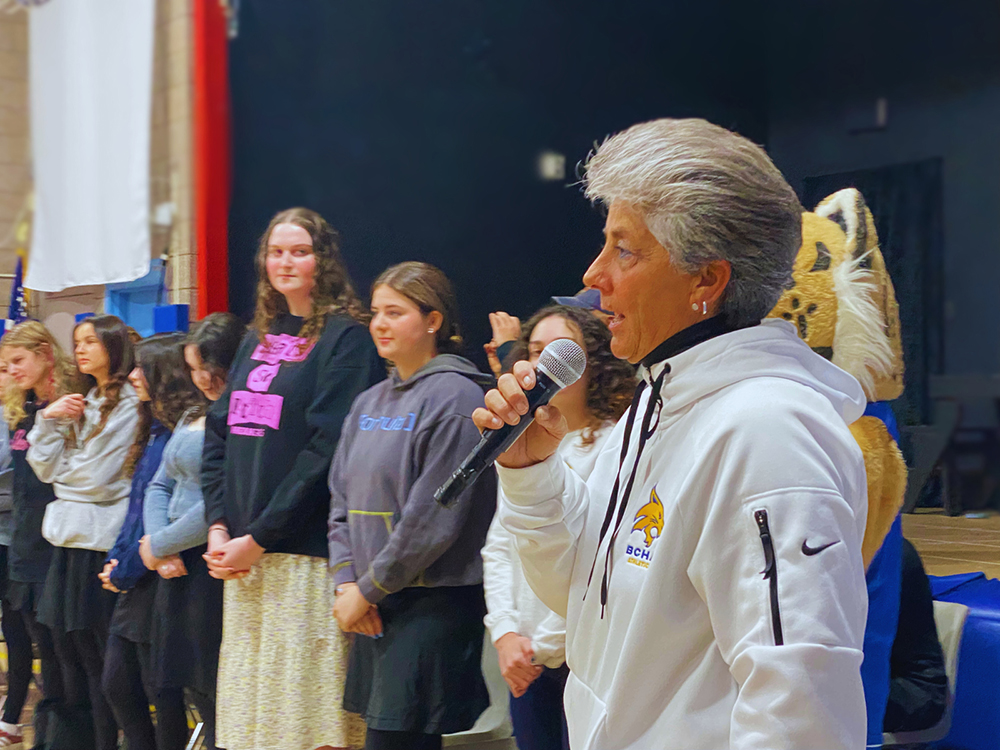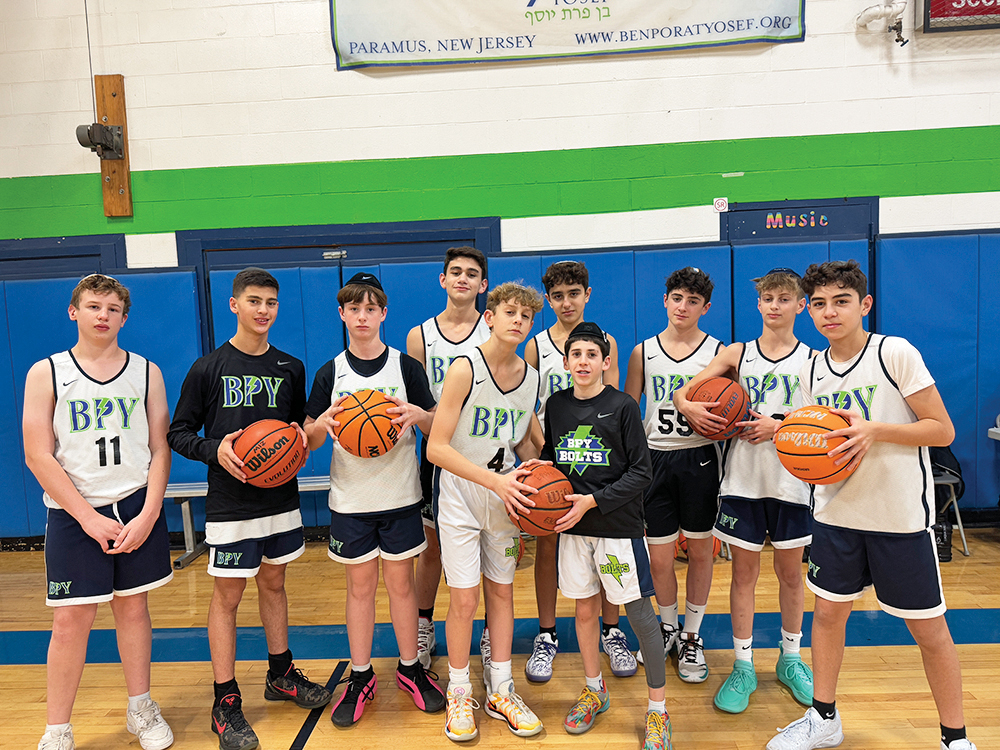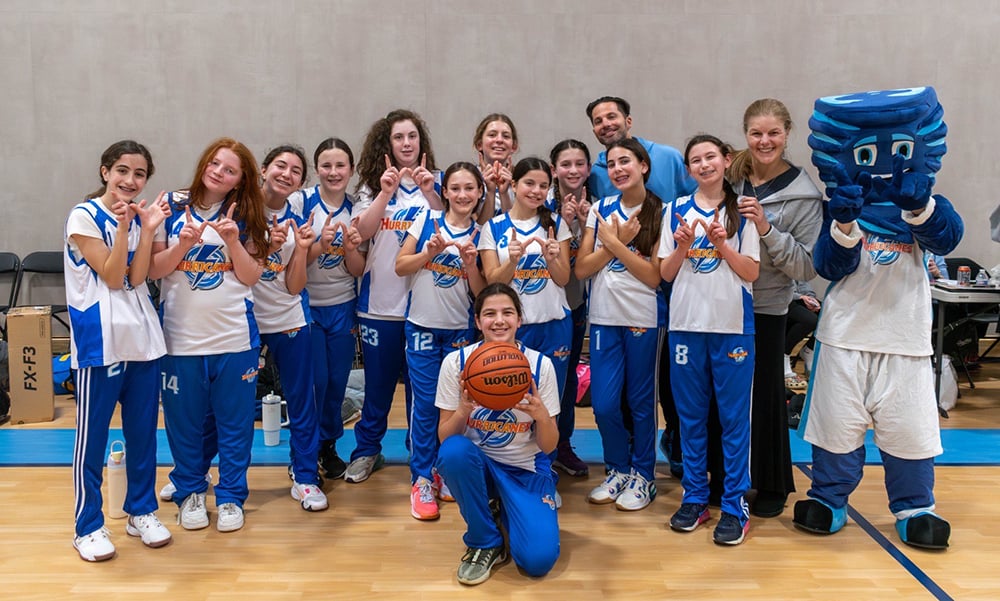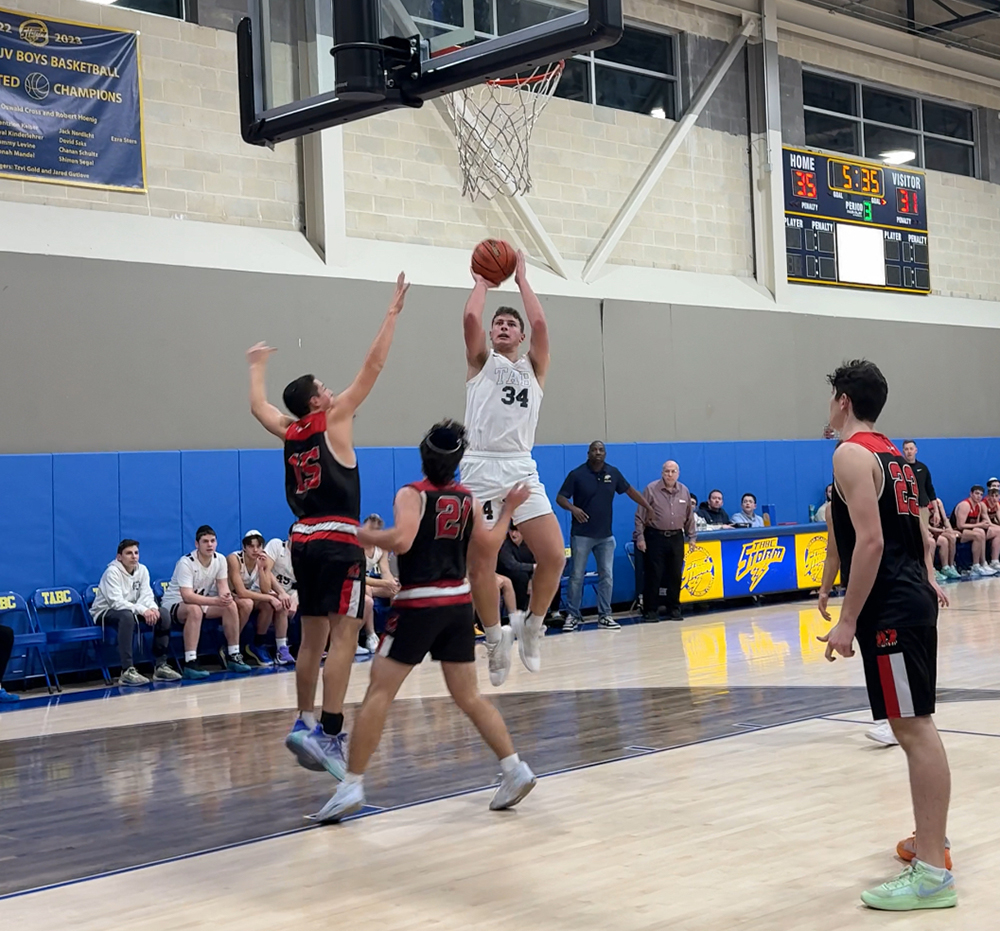
You’d think that once you’ve buried your beloved relative, your worries about them would be done.
Yet as Rabbi Andrew Schultz of the Community Alliance for Jewish Affiliated Cemeteries (CAJAC) explains, the final resting places of our family and community members are often threatened by three dangers facing many Jewish cemeteries in the NJ/NJ/CT area—insolvency, poor management and vandalism.
Fortunately CAJAC is on the scene and expanding its reach to address these concerns.
As Rabbi Schultz shared with The Jewish Link: “CAJAC was formed in 2009 by a small group in New York City, following a broad study of Jewish cemeteries in the New York metro area, commissioned by Jewish Federations of North America, which indicated the risk of insolvency among many Jewish cemeteries. Following the study, it was determined the cemeteries at greatest risk for insolvency were those owned and operated by synagogues and fraternal organizations, also known as burial societies.”
A case in point was Bayside Cemetery in Ozone Park, Queens. The 13 acre-grounds, with over 30,000 graves, was “completely consumed by overgrowth and plagued by horrendous vandalism,” said Rabbi Schultz. CAJAC secured a large grant from UJA-Federation, New York State funding and private donations. Working with a volunteer team over three years, they cleared the overgrowth, cleaned the graffiti and returned the cemetery to respectability.
Based in New York City with a branch office in Fair Lawn, CAJAC supports Jewish cemeteries in New York City, Westchester and Rockland counties, Middlesex County in New Jersey, and Fairfield County in Connecticut.
Over the last 18 months, CAJAC has actualized its vision of becoming a bona fide consortium of Jewish cemeteries, now managing eight different sites in the New York Metro area. Historically, CAJAC spearheaded significant restoration projects but now focuses on (in addition to addressing physical disrepair) preventative strategy by employing best practices for physical maintenance and financial management, including economies of scale.
CAJAC is led by Rabbi Schultz, who has been affiliated with the group for 13 years, serving six years as executive director. He has semicha from Rabbi Yechiel Malik, L’vover Rav (Kollel Hachsharus L’Rabbanus), a master’s degree in public administration, and serves as a certified police chaplain in both Fair Lawn and Elmwood Park. He has nearly 22 years of experience in the Jewish not-for-profit field.
Rabbi Schultz works closely with CAJAC’s active board of directors, composed of attorneys, finance professionals, and Jewish communal leaders. Rabbi Elchonon Zohn, the executive director of the National Association of Chevra Kadisha (NASCK), serves as the group’s halachic adviser, and CAJAC is represented by counsel in both New York and New Jersey.
Rabbi Schultz added that CAJAC is very fortunate to have a few active and generous partners in the Jewish community. “In the early stages of CAJAC’s development, we received tremendous in-kind support from the Hebrew Free Burial Association. We have also benefited from relationships with elected officials, law enforcement, and the New York State Attorney General. CAJAC also works closely with the New York and New Jersey state cemetery boards. CAJAC is now collaborating with the Jewish Community Legacy Project to work with struggling synagogues exploring their plans for the future. Lastly and most importantly, CAJAC has been an incredibly fortunate beneficiary of UJA-Federation of New York.”
In a November news release, CAJAC announced that it had assumed management of the burial sites established by the Carteret, New Jersey Hebrew Fraternity (two sites in Woodbridge), Brisker Benevolent Society (sites at Beth David in Elmont in Nassau County, New Montefiore in Suffolk County, and Mount Zion in Maspeth, Queens), Kingsbridge Heights Jewish Center (site in Paramus), and the International Order of Brith Abraham. CAJAC also formed a partnership with the Greater Middlesex Jewish Cemetery Management Corporation (New Jersey) and will be managing the Workmen’s Circle Cemetery and Beth Israel Cemetery in Woodbridge
Rabbi Schultz explained: “An astounding number of synagogue-owned cemeteries and burial societies closed or downsized, and there was no plan for the future. The next generation either moved on or was simply not interested in assuming responsibility. In addition, in many cases, synagogues did not segregate cemetery funds, often using those funds to ‘keep the lights on’ and subsidize other budgetary shortfalls. Combined with declining grave sales and limited burials, revenue streams all but dried up. It’s impossible to keep up with cemetery maintenance, as well as capital repairs—gravestone repairs, tree removal, fencing, etc.—without adequate funding.
“The number of Jewish organizations—synagogues, burial societies and other service organizations managing cemeteries—are turning to CAJAC to determine their plans for the future,” he continued. “We are now working with four, which we expect to engage CAJAC as the long-term steward of their cemeteries. Over the next two years, I expect CAJAC to acquire four to five additional cemeteries. I also expect the consulting arm of our work to grow; we are fielding calls on a daily basis from individuals and organizations seeking to ensure the physical and financial well-being of their cemeteries.”
Rabbi Schultz suggests that regular community members can help in the work of CAJAC by “learning about the cemeteries where your loved ones are buried and/or your own plots. Determine which organization (if any) manages the grounds where the plots are located. Determine whether the graves have a provision for care—either perpetual or annual and understand how the contracts read. Contact CAJAC for guidance and when necessary, intervention. Invite CAJAC to conduct a briefing for your shul or organization to learn more about how we, as a community, can perpetuate kavod ha’met. We also need volunteers to help digitize burial records and periodically, we organize volunteer groups to help spruce up burial plots.”
Rabbi Zohn of NASCK praises the work of CAJAC. In a quote on the CAJAC website, he stated: “CAJAC shares with National Association of Chevra Kadisha a commitment to highlighting the Jewish community’s sacred duty towards end of life issues. I am pleased CAJAC continues to address the systemic challenges facing Jewish cemeteries, simultaneously sensitizing the Jewish community as it relates to its obligation to care for its cemeteries.”
For more information on CAJAC, please visit their website at https://cajacnynj.org, send an email to [email protected], or call 914-574-7057.
By Harry Glazer


